So, picture this: while minding your business on your feed, you come across various do-it-yourself skincare recipes promising immediate luminosity and radiance. Exciting, isn’t it? But wait just a moment!
But before you go rummaging through your kitchen cabinet to find these innocent-looking ingredients, let me share some exciting secrets with you. Here are seven everyday staple items that may genuinely be damaging your skin.
I kid you not! These staples are seemingly masked potential threats in your creams. However, have no fear for I am here to reveal these deceitful compounds secrets in order to keep your skin safe, and smiling then. All right, let’s get to it.
Busy? Save this pin for later.
1. Lemon Juice
Acids are often found in lemon juice, so it is frequently sold as a “natural” remedy to alleviate and treat a variety of different skin issues. When used correctly, it can help to brighten the skin and cure hyperpigmentation.
However, the acidity of lemon juice is problematic. To restore the skin’s pH balance, you must utilize modest acidity to avoid moisture removal and stealing, which can cause irritation and even a chemical burn.
If used on sensitive skin, lemon juice will not use directly or indirectly. The acidity of lemon juice can also increase a person’s susceptibility to sunlight.
After while Lemon juice has been used, the skin becomes more susceptible to sunburn and discoloration if not frequently and properly applied with sunscreen.
2. Baking Soda
Although baking soda is a popular choice for household cleaning, it does not belong on your skin. Being strongly alkaline, it can affect the skin’s natural pH level, leading to irritation, itchiness, and dryness.
Additionally, you may end up with a compromised skin barrier, which allows more bacteria and dirt to enter . Thus, avoid using baking soda as an exfoliant or face mask component as it may harm your skin.
Instead, opt for milder exfoliating options, such as chemical ones or gentle scrubs made of finely ground natural ingredients such as oats or rice flour, that remove dead skin cells gently without harming the skin’s natural pH balance.
3. Toothpaste
Even though toothpaste is indeed an excellent solution for hygiene, the irritating effects of menthol, fluoride, and abrasives must not be ignored.
To reduce acne spots by disinfecting them, toothpaste, aside from actual infections, might lead to skin dryness, redness, and irritation.
The micro or visible differences in the skin due to abrasive particles contained in various formulas may lead to microtears on the surface, causing inflammation, irritation, and infections .
Toothpaste contains certain ingredients that should never come into direct contact with the delicate facial skin. Rather than utilize toothpaste and plain water on the skin, use items specially created for the skin.
Seek out acne spot treatments containing ingredients like salicylic acid or benzoyl peroxide, which specifically target acne-causing bacteria without inducing unnecessary irritation.
4. Sugar Scrubs
Although it is often true that sugar scrubs are a good physical exfoliant, they should be avoided. The main issue here is the big and rough particles, which can cause micro-tearing in the surface of the skin.
Furthermore, sugar scrubs may cause inflammation, irritation and even infect the facial skin. Although some people experience no adverse effects, people with sensitive skin are likely to receive a reaction to it.
There are more than enough alternatives to sugar – if one truly wants a gentle physical exfoliation, they can use chemical exfoliants or finely ground natural substances such as oats or rice flour.
These methods are not going to be able to cause micro-tearing of the skin while significantly removing the dead skin cells.
Lastly, make sure to follow up the process with a moisturizer, or a hydrating serum – lack of moisturizer after is only going to make the skin worse.
You Might Also Like: 7 Secrets to Have Oil-Free Skin
5. Essential Oils
Indeed, in recent years, essential oils have become highly prevalent for their variety of therapeutic effects.
However, they can also present problems when applied directly to the skin or without proper dilution.For example, citrus essential oils increase your skin’s susceptibility to sunburns and discoloration, causing a reaction known as photosensitivity.
Direct undiluted application to the skin can cause discomfort, redness, or even an allergic reaction. Before applying oils directly to the skin, it is essential to dilute them with support oils. Jojoba, for example, almond, and coconut oils can normally be applied directly.
Ideally, perform a non-sports examination to ensure that the factors do not cause your body or allergies.
6. Hydrogen Peroxide
You may be familiar with hydrogen peroxide because it is an antiseptic that people use to clean wounds. It is unsafe on the skin when applied onto the skin as a DIY acne remedy or a wound cleaner.
It kills the various beneficial bacteria on the skin, making the skin dry, itchy, and slow to repair wounds.
For acne or wounds, it is always best to seek medical treatment so that the medical doctor provides assistance with using the right products to help with the wounds. This helps the pimples from spreading, reduce coronavirus, or amatization.
7. Hot Water
The last but not least is an ingredient in the direct sense of the word – the temperature of water you use to wash your face. Hot water can significantly damage your skin, leading to dryness and even excessive oil production.
After being stripped of natural oils, the skin tries to produce even more to make up for the lost moisture. Once again, balance is the most important thing: use lukewarm or cool water to achieve healthy oil levels and improve the state of your skin.
In conclusion, no matter how tempting creating DIY skincare products seems, it is always necessary to approach using them with caution and understanding of the risks they pose.
The seven DIY ingredients mentioned above, such as lemon juice, baking soda, toothpaste, sugar scrubs, essential oils, hydrogen peroxide, and even hot water, can damage one’s skin rather than improve it.
Therefore, we always recommend consulting a dermatologist or another skincare professional to ensure the safety and efficacy of any ingredient or remedy you want to use.
Skin care is fragile and requires a high personalized approach; therefore, I recommend you use only medication with proven high efficiency and consult professionals when needed.
You Might Also Like: How to Have Clear Skin With Natural Ingredients
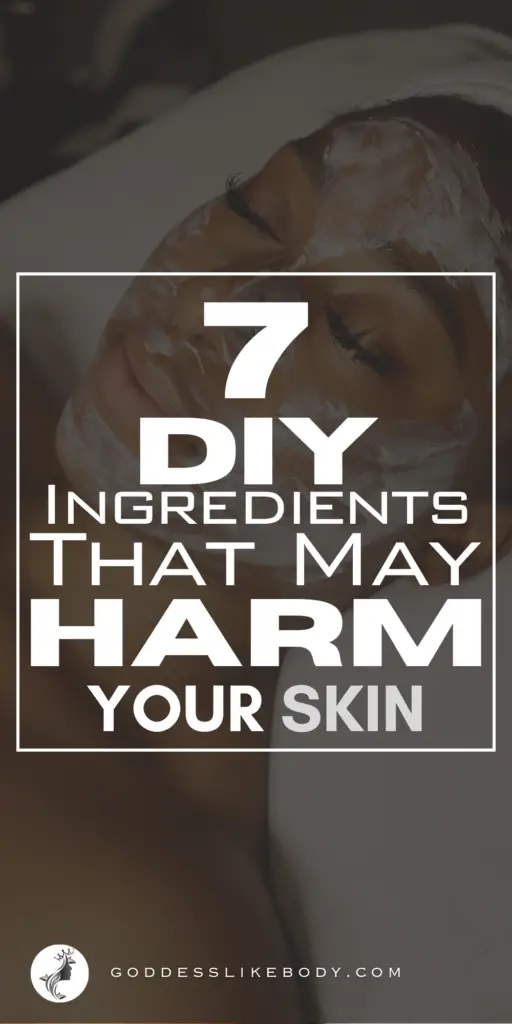
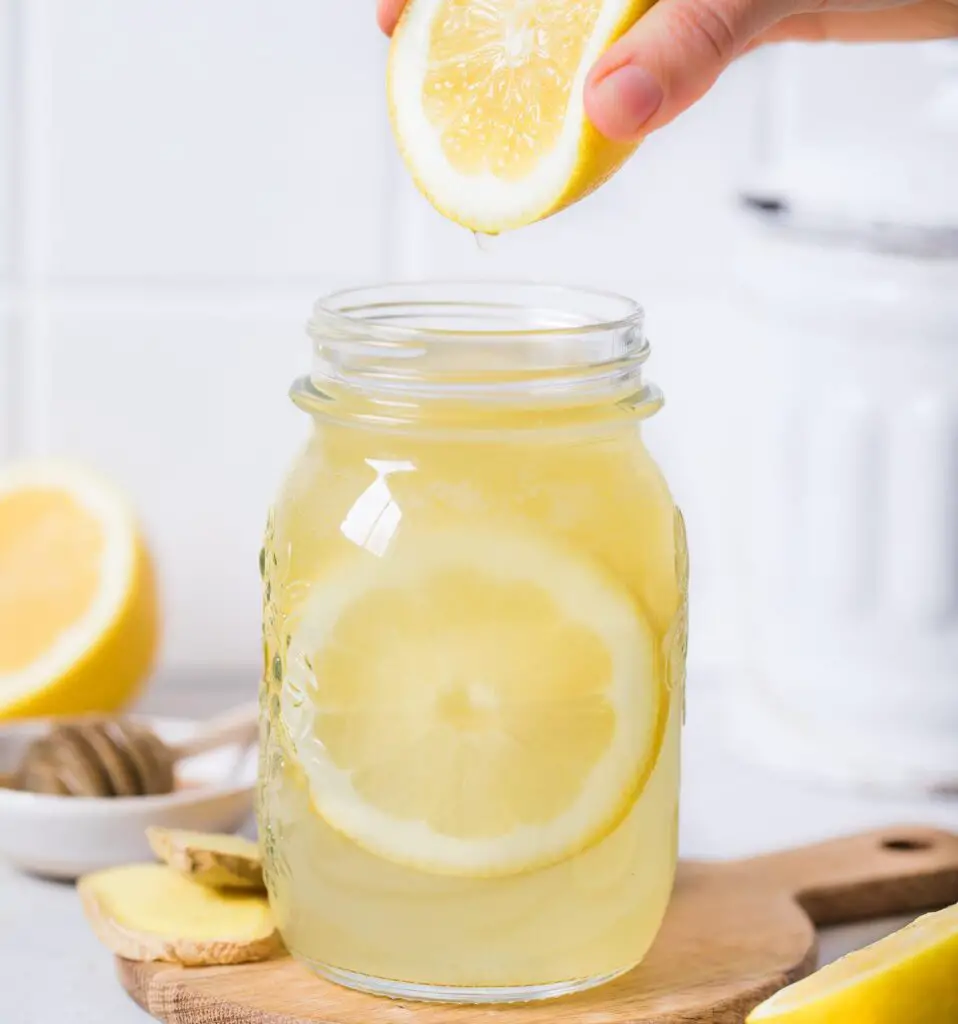
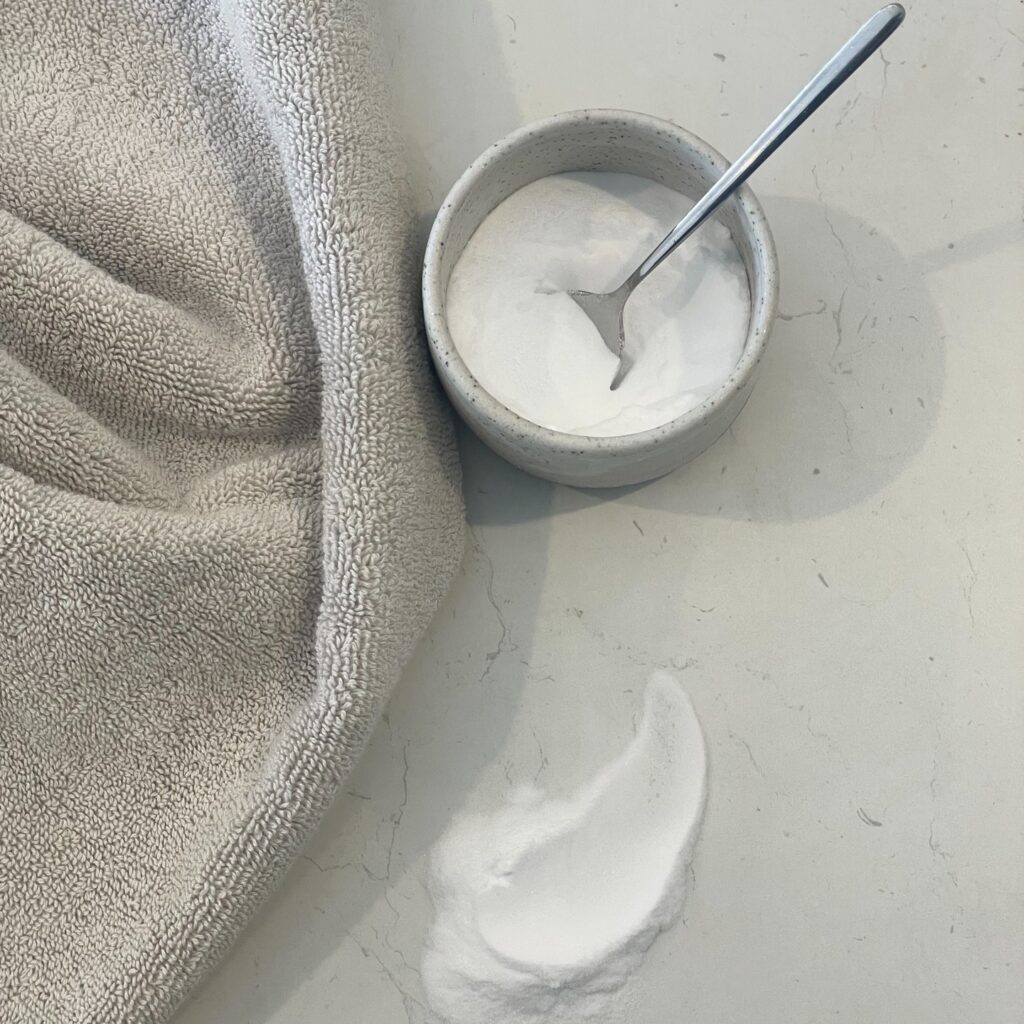
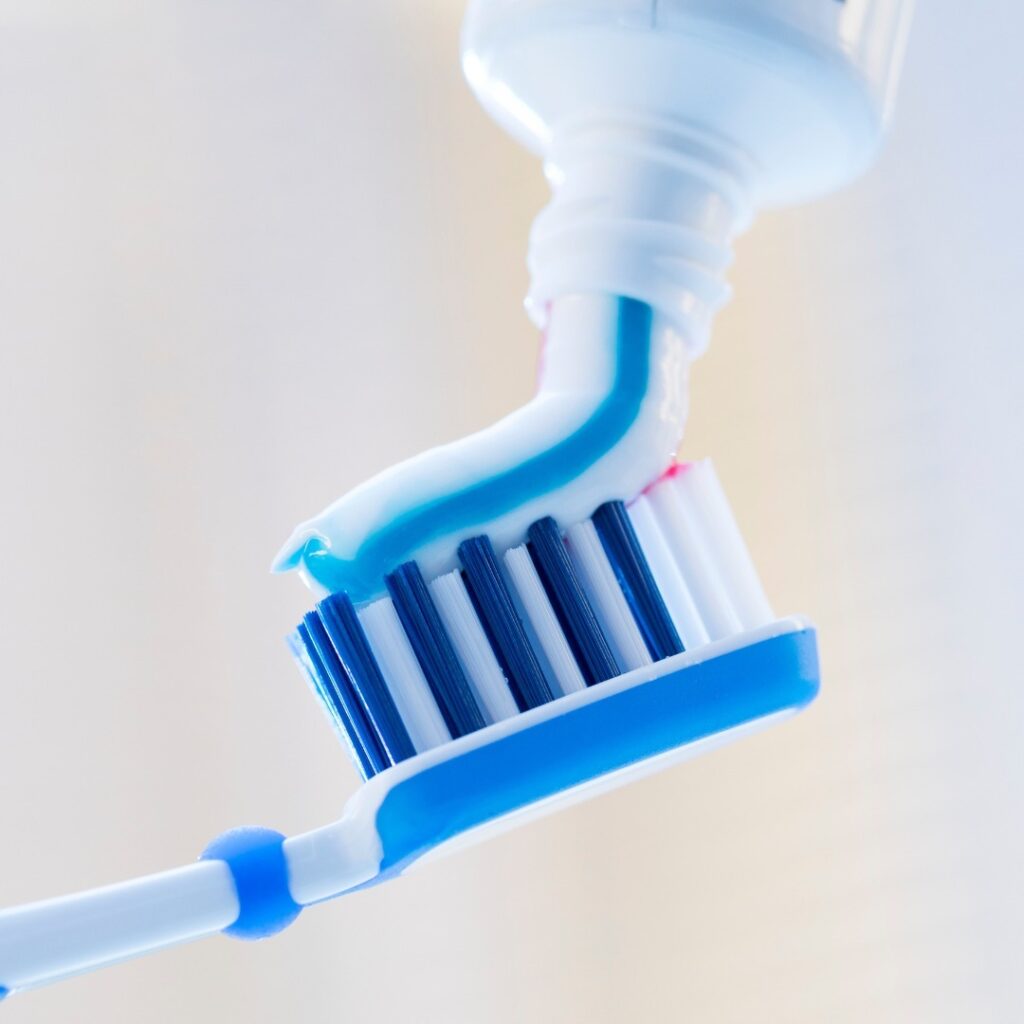
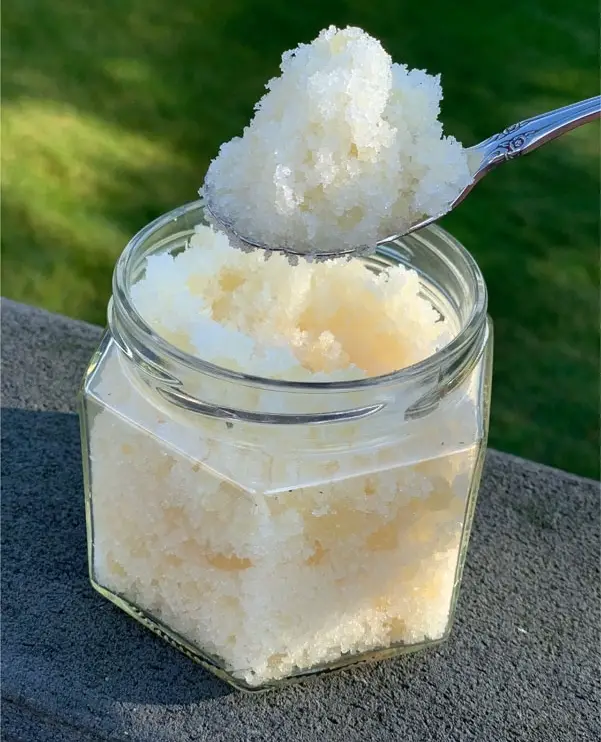
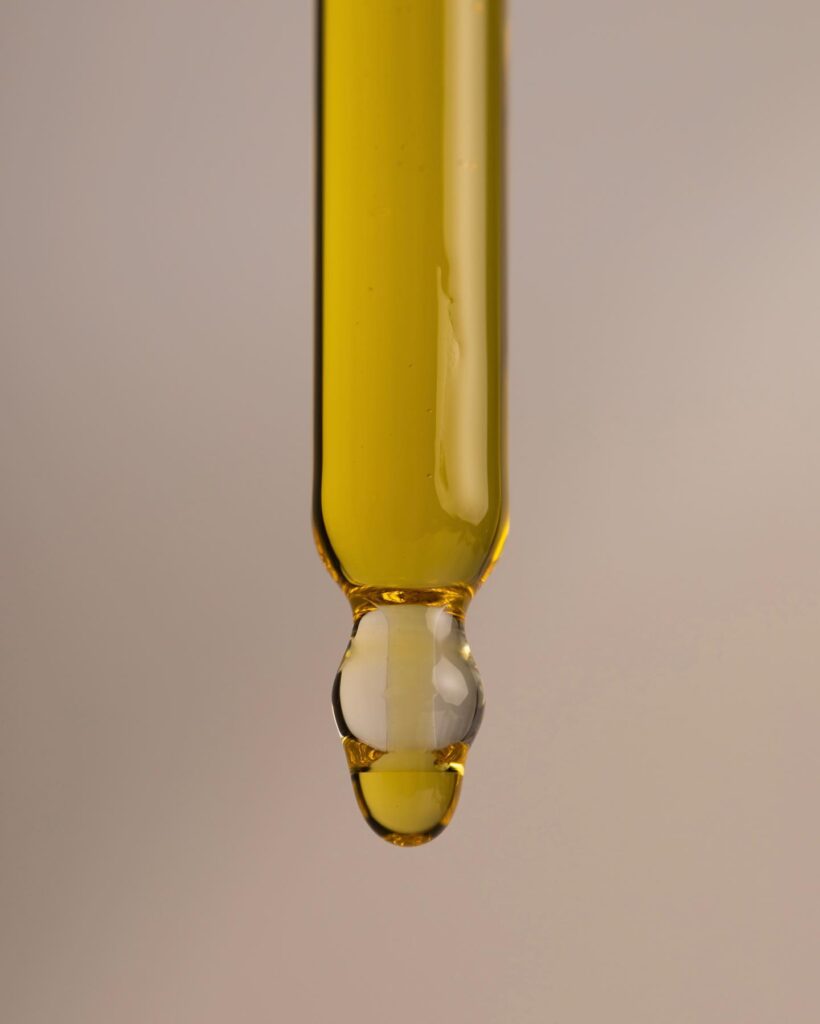
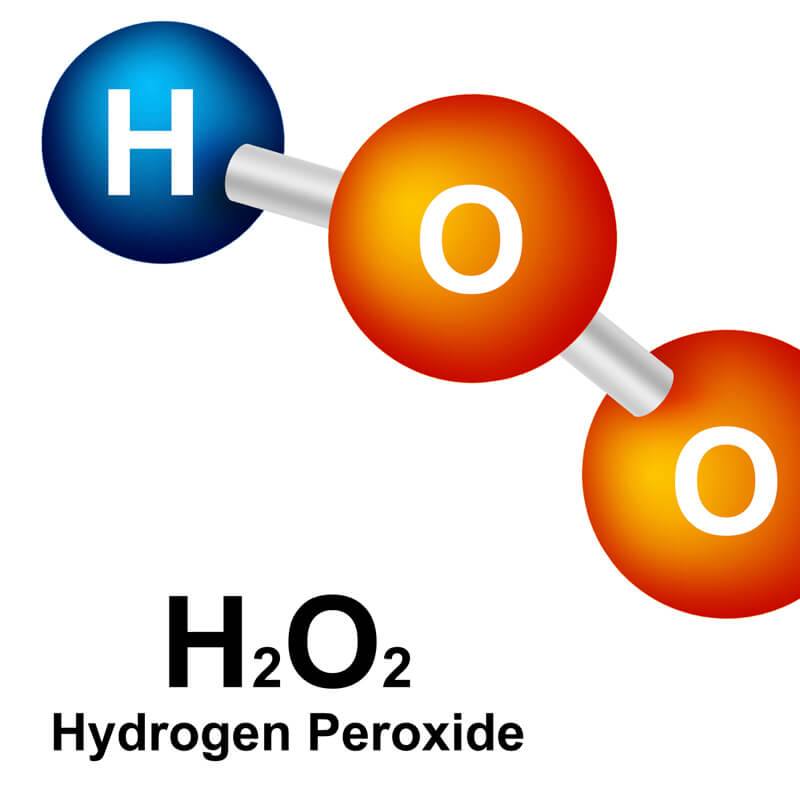
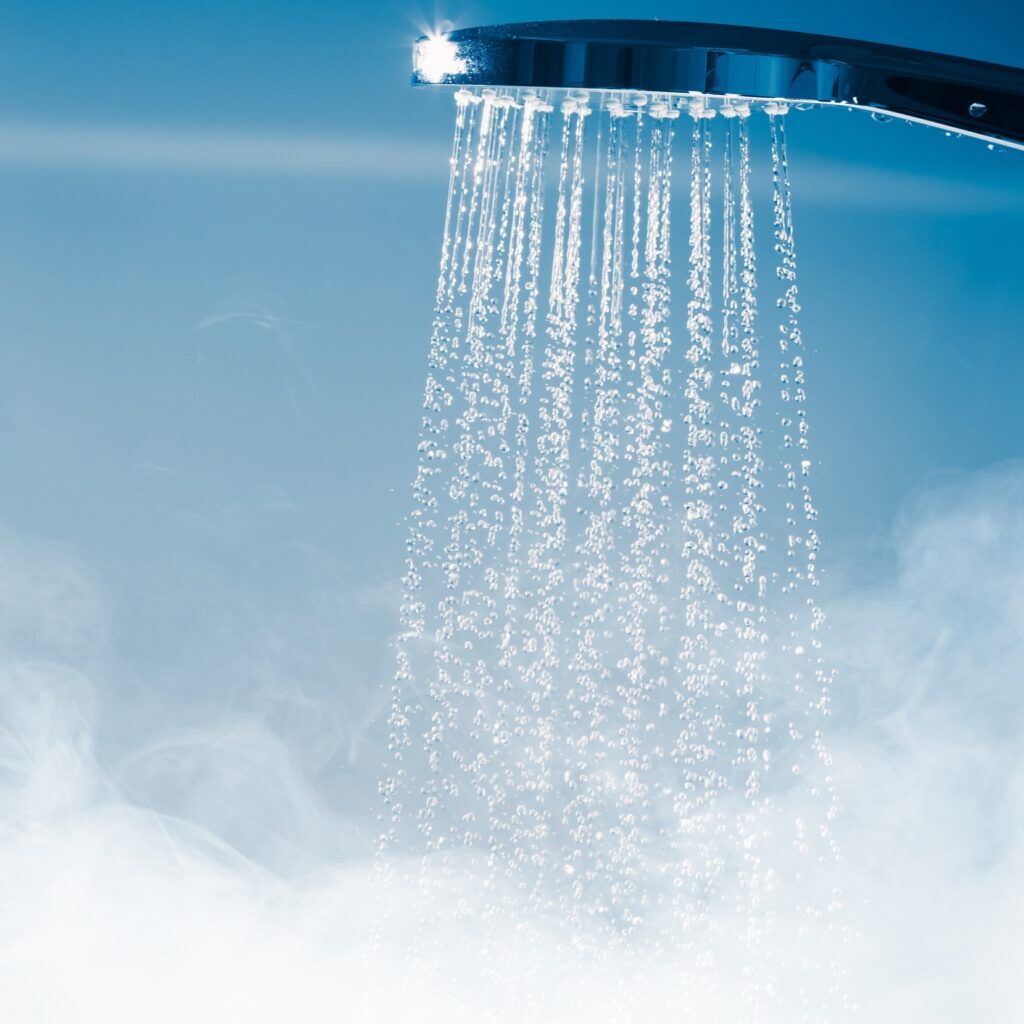


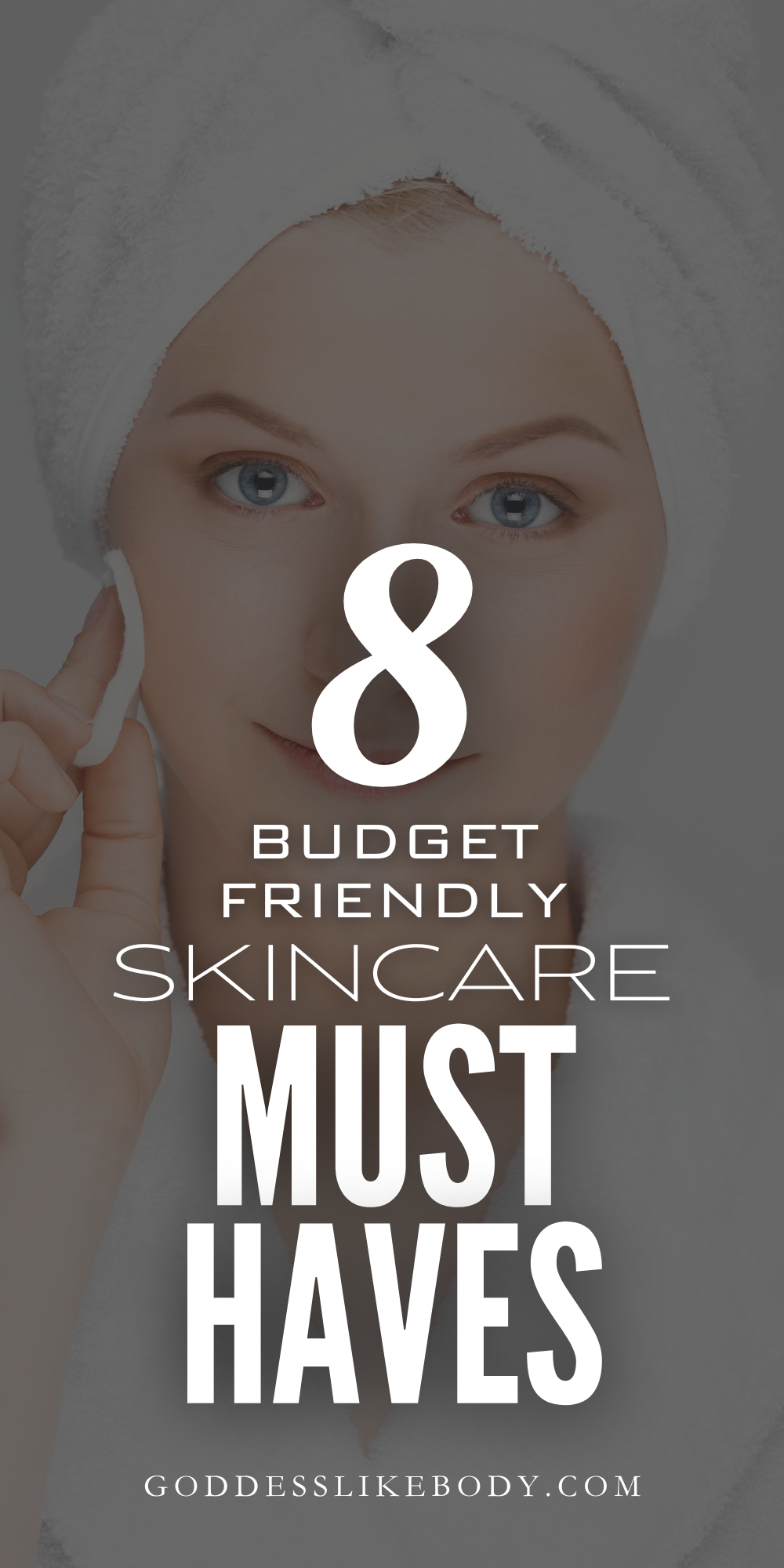
Leave a Reply
You must be logged in to post a comment.